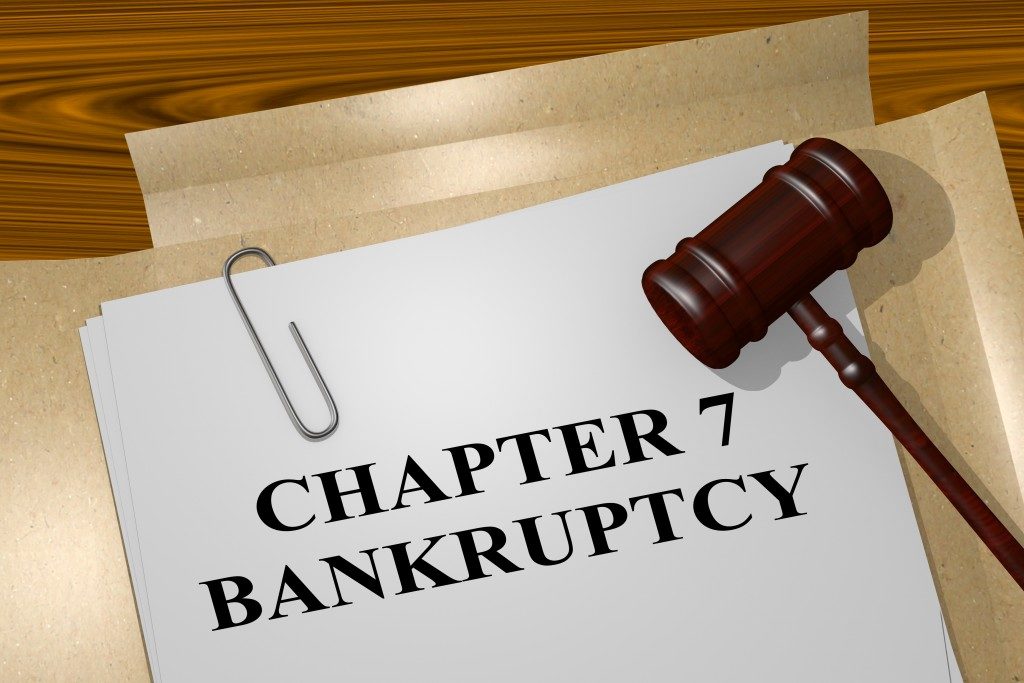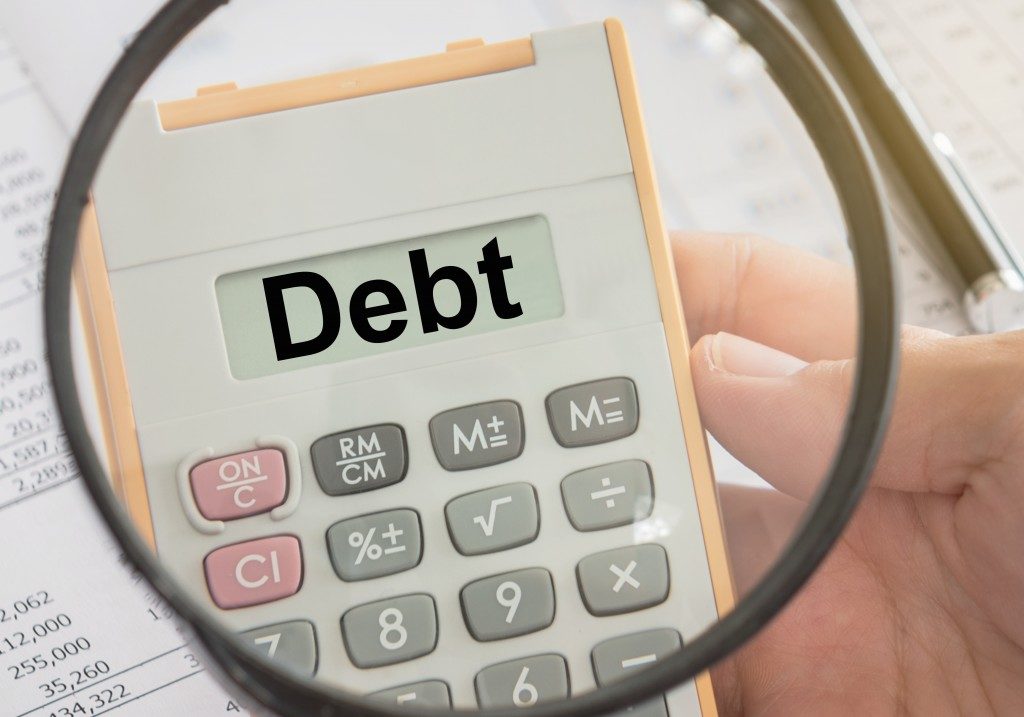Filing for any kind of bankruptcy does not guarantee that your debt will be automatically discharged. Some types of debts, which are known as nondischargeable debts, will still remain the debtor’s responsibility. Debts that have resulted from fraud are a type of nondischargeable debt.
But for debts to be considered nondischargeable, the debt’s creditor should request a fraud determination from bankruptcy court; otherwise, the court might discharge the debt.
What Exactly is Fraud?
When it comes to bankruptcy, fraud typically happens at the creditor’s expense. Let’s say for instance that you applied for your credit card and weren’t entirely truthful regarding your income. Or perhaps that you concealed money or dealings from a business partner.
Maybe you decided to close down your business and sold all your equipment. But rather than distributing the sales proceeds between you and your partner and relevant creditors, you decided to keep all the money to yourself. These scenarios involve deceiving others that may be considered fraud.
One of the most common types of fraud involves abusing the use of a credit card. This involves using a credit card for buying luxury items within 90 days before filing for bankruptcy. Other kinds of fraud include fiduciary fraud, embezzlement and larceny.
Creditors Will Require a Judgment
A creditor claiming that you committed fraud isn’t enough to make your debt nondischargeable. The creditor should first file a case against you and obtain a fraud judgment or determination from the court. When creditors ask for a judgment, they will be afforded either a default judgment or a trial judgment.
Basically, a default judgment will be granted to a creditor if you failed to respond to the fraud claim within a predetermined timeframe. A trial judgment, on the other hand, will only be granted if your creditor wins at court against you. Either way, the result is that your debt will be considered nondischargeable.
Because of the possibility of a fraud judgment, it’s very crucial you discuss your case with an experienced bankruptcy lawyer in Salt Lake City as early on as possible. Quick and strategic action will enable you and your lawyer to find ways on how to best fight a fraud judgment.
The Importance of Proving Fraud
Fortunately, proving fraud is not an easy task because a creditor should prove the following:
- You intentionally and deliberately conducted fraudulent and misleading actions;
- Your creditor believed your fraudulent actions; and
- Your creditor lost money due to your fraudulent actions.
The Adversary Proceeding

Your creditor can likewise choose to file what’s called an adversary proceeding against you if he hasn’t gotten a fraud judgment yet. But if your creditor fails to file on time, your debt will be considered dischargeable, presuming that you listed your creditor properly in your petition for bankruptcy.
Otherwise, the creditor could file a fraud claim even after the conclusion of your bankruptcy case.
As you can see from above, bankruptcy cases that involve allegations of fraud are complicated and very serious. So your best bet is to work with an experienced bankruptcy lawyer to help you figure out the most ideal actions you should take.




